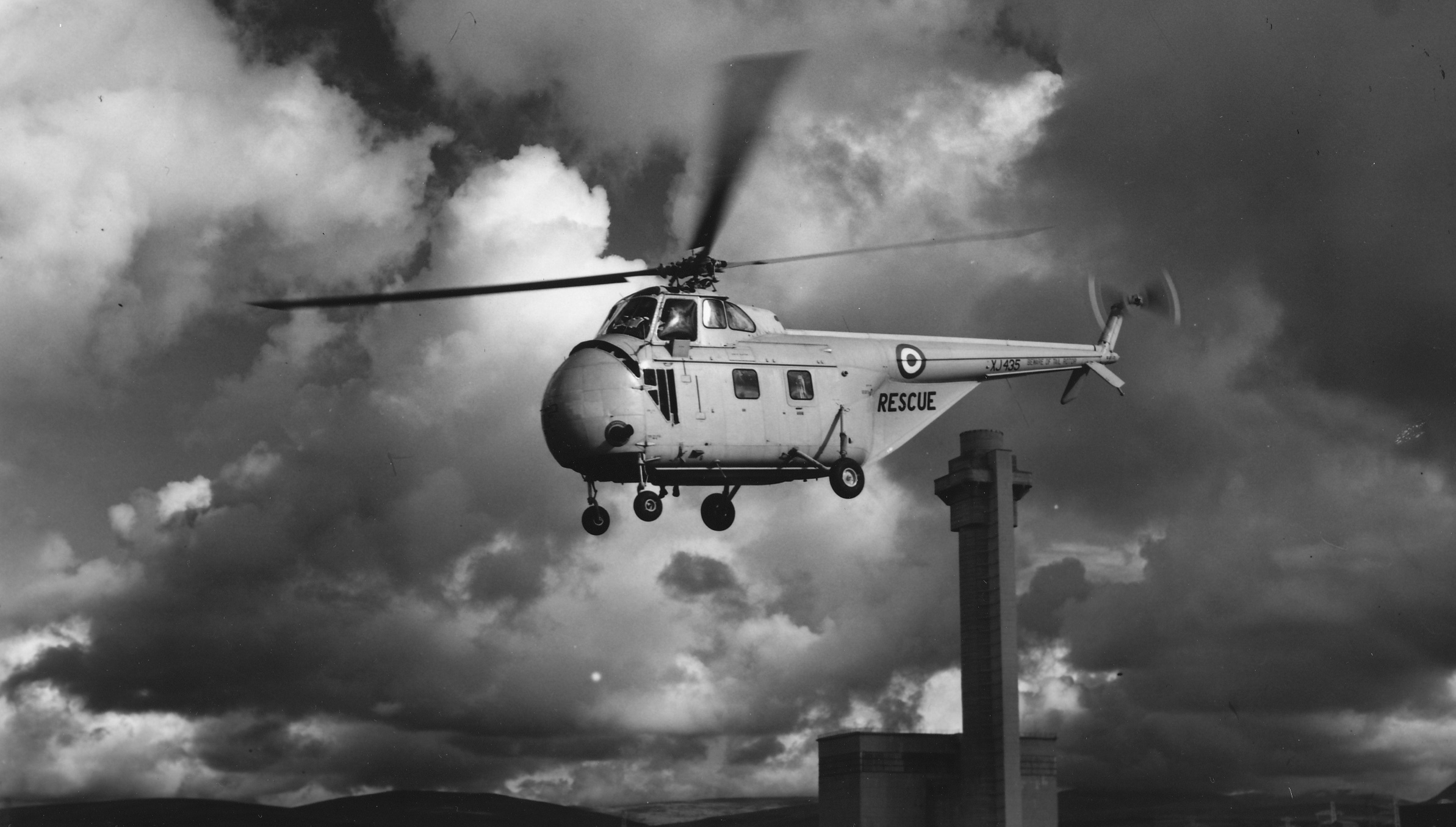The virtual seminar will be held from 12:30-2:00p.m. ET
As the world seeks to reduce carbon emissions to limit climate change, an old question arises again: just how safe is nuclear power? This talk explores the role of ideologies, politics and cultures in the history of six major accidents that have dogged the nuclear industry in its military and civil incarnations. It examines the hydrogen bomb test at the Bikini Atoll in 1954; the 1957 Kyshtym nuclear disaster in the USSR; the 1957 Windscale fire in the UK; the 1979 Three Mile Island accident in the United States; the Chernobyl disaster in Ukraine in 1986; and, most recently, Fukushima in Japan in 2011. Through these six stories, the lecture will explore the continuing political, social and cultural sources of the risks of nuclear power, both for military and peaceful purposes. It draws on the new book Atoms and Ashes: A Global History of Nuclear Disasters.
ABOUT THE SPEAKER: Serhii Plokhii is the Mykhailo Hrushevsky Professor of Ukrainian History and the director of the Ukrainian Research Institute at Harvard University. His work has focused on Ukraine, Russia, and Eastern Europe, the international history of World War II, and the Cold War. Among other awards, he won the Lionel Gelber Prize for the best English-language book on international relations and the Baillie Gifford Prize for Non-Fiction. His latest book is Atoms and Ashes: A Global History of Nuclear Disasters (2022).
